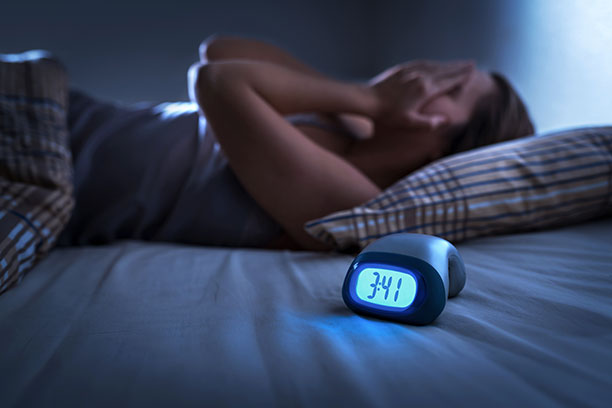Does Lack of Sleep Effect Your Weight?
There is a close correlation between getting enough sleep and maintaining a healthy body weight. When people don’t get enough sleep, they are more likely to gain weight, and when they are overweight, they are more likely to have difficulty sleeping. This can become a vicious cycle.
Lack of sleep can lead to weight gain in several ways. First, it can make you feel hungrier by affecting hormones that control hunger and fullness. Sleep deprivation increases the level of ghrelin, a hormone that Stimulates appetite, and decreases the level of leptin, a hormone that tells you when you’re full.
Finally, lack of sleep can make you less active and more likely to eat out of boredom. When you’re tired, you may not feel like exercising or taking part in other activities that burn calories.
Sleep Deprivation

There is some evidence that suggests sleep deprivation may lead to weight gain. One study showed that people who got less than five hours of sleep a night were more likely to be overweight or obese than those who got seven hours of sleep or more. It’s not clear why this is the case, but it’s possible that lack of sleep disrupts the body’s metabolism, leading to weight gain. Metabolism is the process of the body converting the food and drink you ingest and turning that into the energy the body uses. During sleep, metabolism slows down by roughly 15% compared to when you are awake. This may not seem like much, but it can have a big impact on your overall health and how your body uses the calories taken in during the day.
Sleep deprivation can lead to an increase in appetite and cravings for unhealthy foods. It can also affect the hormones that regulate hunger and fullness, leading to overeating. In addition, lack of sleep can lead to increased levels of stress hormones, which can further contribute to weight gain.
High Calorie Cravings

It’s also worth noting that people who are sleep deprived are more likely to make poor food choices. So if you’re not getting enough sleep, you may be more likely to indulge in unhealthy foods, which can lead to weight gain. In addition, sleep loss seems to increase cravings for high-calorie foods. One study found that people who slept only four hours per night for two nights ate more calories than they did when they got eight hours of sleep. They also chose foods with more fat and less protein. When you’re tired, you may be more likely to turn to comfort foods that are higher in fat, sugar and make it harder to stick to a healthy diet.
In Conclusion
If you’re trying to lose weight or prevent weight gain, it’s important to get enough sleep. The National Sleep Foundation recommends that adults get seven to nine hours of sleep per night.
If you’re struggling to get enough sleep, there are a few things you can do to improve your sleep habits. First, make sure to go to bed and wake up at the same time each day. This will help regulate your body’s natural sleep cycle. Second, create a relaxing bedtime routine that includes winding down for 30 minutes before you turn out the lights. This can involve reading, taking a bath, or doing some light stretching. Finally, make sure your bedroom is dark, quiet, and cool—conditions that are conducive to sleep.


